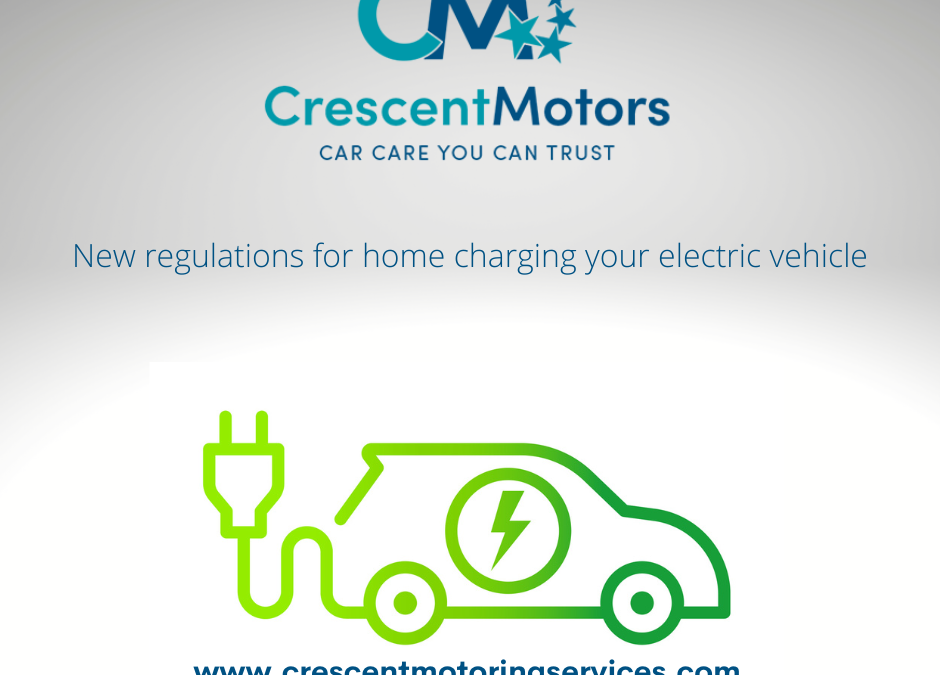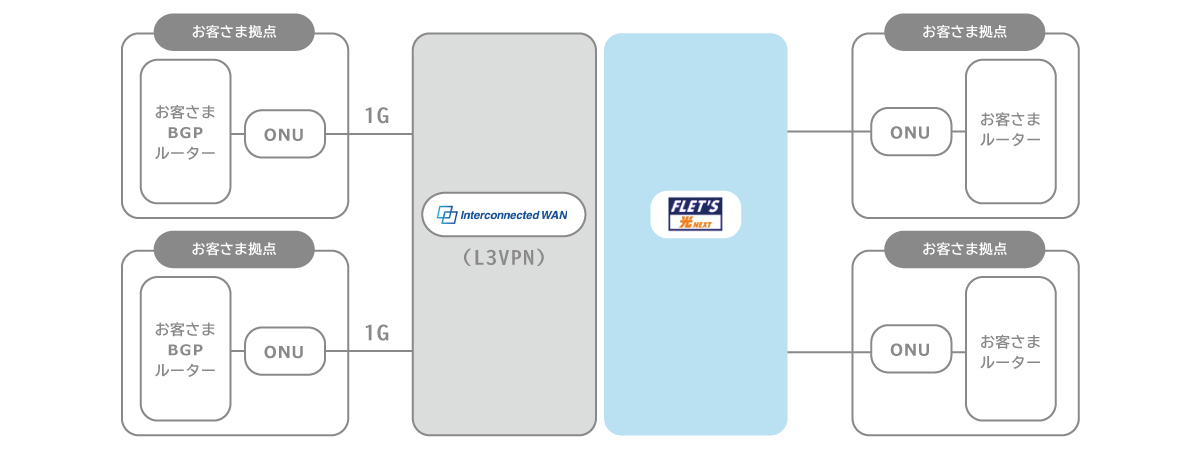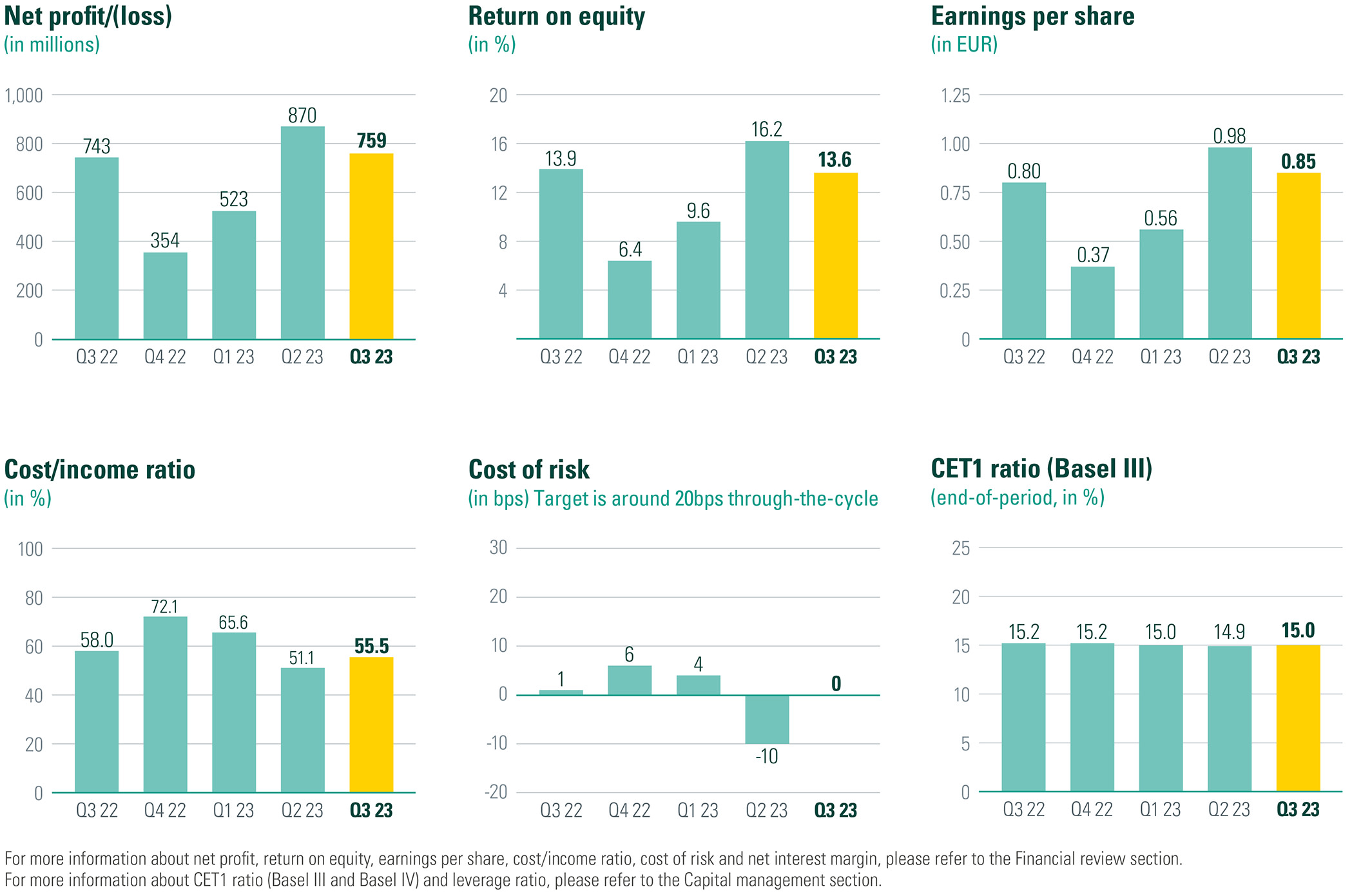The Ongoing Battle: Car Dealers Push Back Against Electric Vehicle Regulations

Table of Contents
Financial Concerns Fueling Dealer Resistance
The core of the resistance from car dealerships to stricter electric vehicle regulations stems from significant financial concerns. The shift away from gasoline-powered vehicles (ICE vehicles) threatens established revenue streams and requires substantial upfront investment.
Profit Margins and Service Revenue
Dealerships historically profit handsomely from the sale of gasoline-powered vehicles and the subsequent service and repair work. Internal combustion engines (ICE) require regular maintenance, oil changes, and eventual repairs, generating substantial revenue for service departments. Electric vehicles, however, are significantly simpler mechanically.
- Lower repair and maintenance income from EVs compared to ICE vehicles: EVs have fewer moving parts, leading to less frequent and less costly repairs.
- Reduced parts sales and service appointments: The reduced complexity translates to fewer parts sales and less frequent service appointments.
- Impact of longer EV warranties on service department revenue: Extended warranties on EV components further reduce service department revenue.
This decrease in service revenue represents a considerable financial hit for dealerships heavily reliant on these income streams. The transition to EVs necessitates a shift in the business model, requiring dealerships to find new revenue sources to compensate for this loss.
Investment in Infrastructure
Adapting to the EV era requires significant upfront investment from dealerships. This includes not only stocking EVs but also establishing the necessary infrastructure to support them.
- High initial investment cost for EV charging stations: Installing fast-charging stations capable of handling the power demands of modern EVs represents a significant capital expenditure.
- Need for specialized training for EV mechanics: Servicing EVs requires specialized knowledge and training for technicians, adding to the operational costs.
- Uncertainty regarding return on investment for EV infrastructure: The long-term profitability of these investments remains uncertain, especially given the rapid pace of technological advancements in the EV sector.
Sales Model Disruption and the Role of Direct-to-Consumer Sales
Beyond financial concerns, the very sales model of dealerships is being challenged by the rise of electric vehicles and the emergence of direct-to-consumer sales strategies employed by some EV manufacturers.
The Threat of Manufacturer Direct Sales
Several prominent EV manufacturers are bypassing the traditional dealership network altogether, selling directly to consumers online or through their own branded stores. This disrupts the established franchise model and significantly reduces the influence of traditional dealerships.
- Loss of control over the sales process: Dealerships lose control over pricing, marketing, and customer interaction.
- Decreased sales volume for dealerships not selling EVs: Dealerships that do not adapt and offer EVs risk a significant drop in sales volume.
- Increased competition from direct-to-consumer models: Direct sales models put downward pressure on prices and margins for traditional dealerships.
Adapting to Changing Consumer Preferences
The shift towards EVs also necessitates dealerships adapting to changing consumer preferences. The buying experience is evolving and requires a more digitally-focused approach.
- Need for online sales platforms and digital marketing strategies: Dealerships need robust online presence and sophisticated digital marketing capabilities to attract EV buyers.
- Focus on educating customers on EV technology and benefits: Dealerships must become experts in EV technology and educate customers effectively on their features and benefits.
- Development of new customer service models to address EV needs: This includes providing convenient charging solutions and addressing the unique service requirements of EVs.
Lobbying Efforts and Political Influence
Car dealerships aren't passively accepting these changes. Significant lobbying efforts are underway to influence the pace and nature of EV adoption.
Industry Associations and Political Pressure
Powerful automotive industry associations are actively lobbying against stringent EV regulations, advocating for a slower, more gradual transition. Their arguments often center on the economic impacts on dealerships and the need for a balanced approach.
- Influence on legislative agendas to delay or weaken EV regulations: These associations wield significant political influence to shape legislative agendas.
- Funding of campaigns opposing strict EV mandates: Significant financial resources are invested in campaigns that aim to weaken or delay the implementation of strict EV regulations.
- Strategic communication campaigns designed to influence public opinion: These campaigns often focus on highlighting the potential downsides of rapid EV adoption and downplaying the environmental benefits.
State-Level Regulations and Varying Approaches
The regulatory landscape for EVs varies significantly across different states, creating additional challenges for dealerships. This patchwork approach adds to the complexity of compliance.
- Differing regulations on EV sales and infrastructure across different states: This inconsistency makes it difficult for dealerships to implement consistent strategies across their operations.
- Complexity of complying with various state-level regulations: Navigating this fragmented regulatory environment adds significant administrative burdens for dealerships.
- Increased administrative burden for dealerships to manage different regulatory requirements: This necessitates increased staffing and expertise to ensure compliance with varying state regulations.
Conclusion
The battle over electric vehicle regulations is far from over. Car dealerships, facing significant financial and operational challenges, are actively pushing back against rapid change. However, the transition to electric vehicles is inevitable. Dealerships that fail to adapt and invest in EV infrastructure, embracing new sales models and service strategies, risk being left behind. Understanding the nuances of electric vehicle regulations and proactively addressing these challenges is crucial for the survival and success of dealerships in this rapidly evolving automotive landscape. To stay informed and adapt your dealership to the changing landscape, continue to research and follow developments in electric vehicle regulations and embrace the future of automotive retail.

Featured Posts
-
 The Goldbergs Characters Relationships And Lasting Impact
May 22, 2025
The Goldbergs Characters Relationships And Lasting Impact
May 22, 2025 -
 At Be X Ntt Multi Interconnect Ascii Jp
May 22, 2025
At Be X Ntt Multi Interconnect Ascii Jp
May 22, 2025 -
 Illinois Gas Prices Drop Following National Trend
May 22, 2025
Illinois Gas Prices Drop Following National Trend
May 22, 2025 -
 Appeal Filed Ftc Fights Microsofts Activision Blizzard Acquisition
May 22, 2025
Appeal Filed Ftc Fights Microsofts Activision Blizzard Acquisition
May 22, 2025 -
 Impact Van Invoertarieven Abn Amro Rapporteert Over Daling Voedselexport Naar Vs
May 22, 2025
Impact Van Invoertarieven Abn Amro Rapporteert Over Daling Voedselexport Naar Vs
May 22, 2025
Latest Posts
-
 Wordle Answer Today March 16th Hints And Solution For Wordle 1366
May 22, 2025
Wordle Answer Today March 16th Hints And Solution For Wordle 1366
May 22, 2025 -
 Nyt Wordle March 26 Help With Todays Challenging Puzzle
May 22, 2025
Nyt Wordle March 26 Help With Todays Challenging Puzzle
May 22, 2025 -
 Wordle 1366 Solution March 16th Wordle Puzzle Solved
May 22, 2025
Wordle 1366 Solution March 16th Wordle Puzzle Solved
May 22, 2025 -
 Tough Wordle Today March 26 Heres The Nyt Solution
May 22, 2025
Tough Wordle Today March 26 Heres The Nyt Solution
May 22, 2025 -
 Solving Todays Nyt Wordle March 26 Hints And The Answer
May 22, 2025
Solving Todays Nyt Wordle March 26 Hints And The Answer
May 22, 2025
